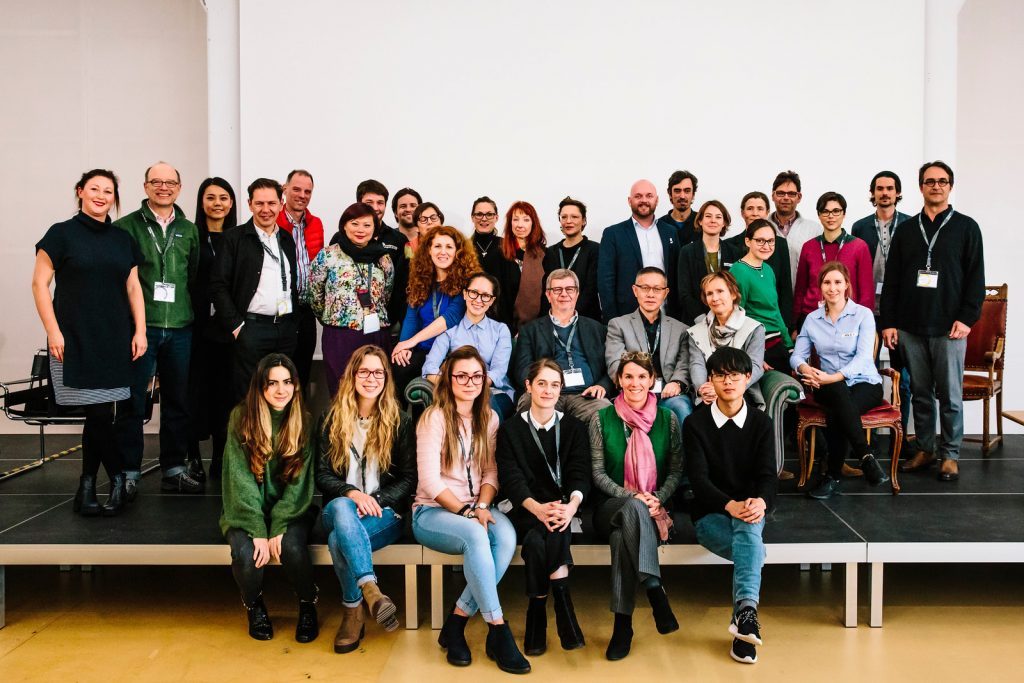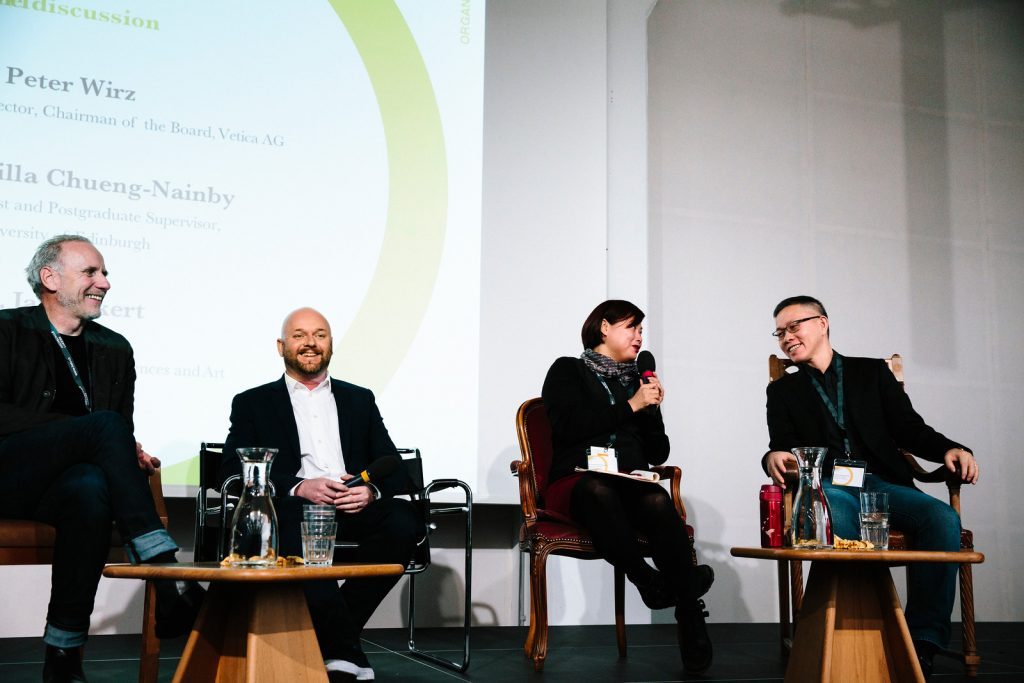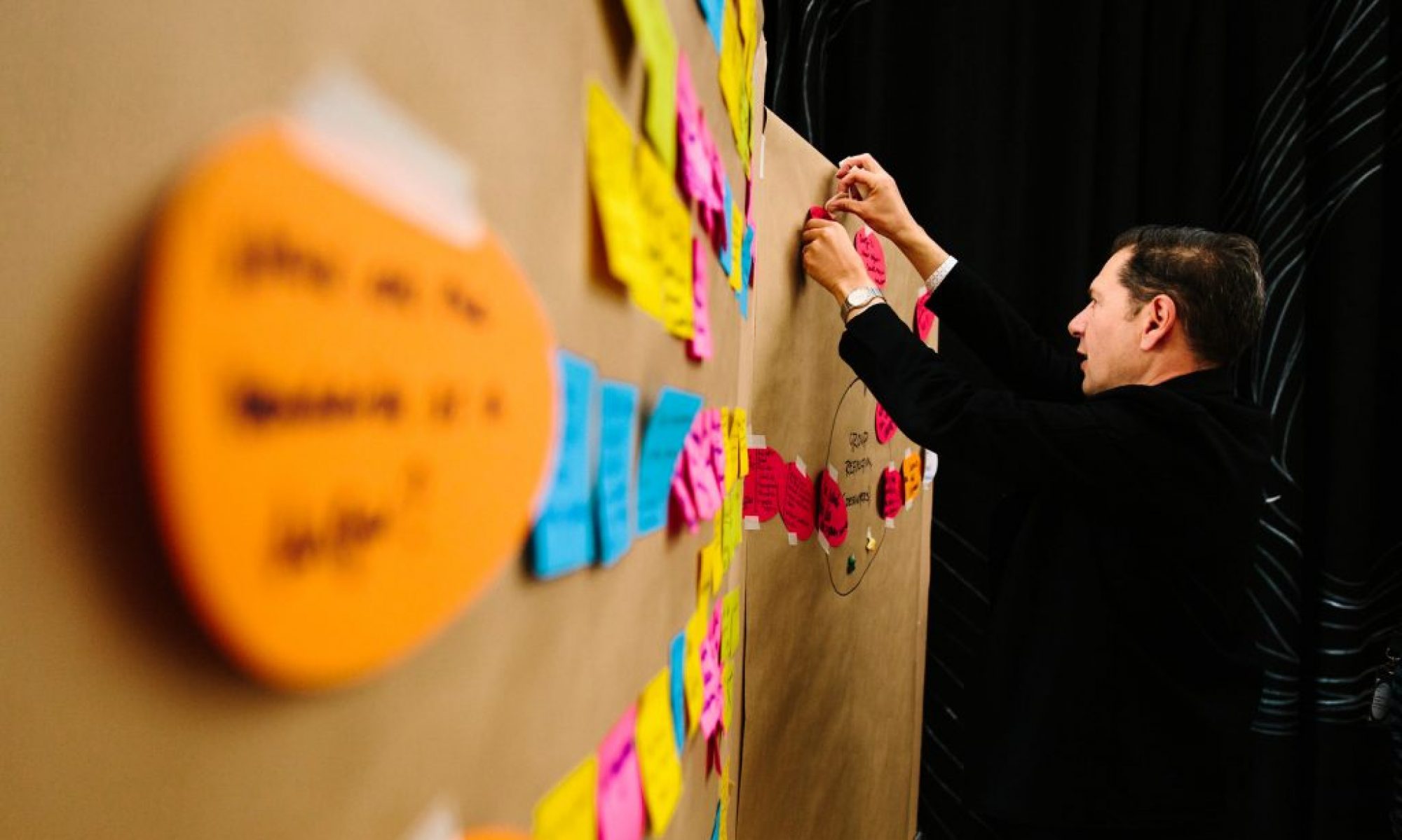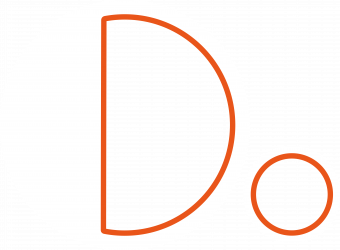
The symposium was held November 16. and 17. November 2017.
Day 1 will run from 8:30 am to approximately 6 pm followed by an Apero, a Swiss after work tradition comparable to the US/UK Happy Hour. The goal of Day 1 is to identify and generate key questions and key issues we want to address in the Workshops on Day 2. Day 1 will have break-out sessions.
An optional conference dinner with original Swiss Cheese Fondue is planned from 7 pm to 9 pm. Separate registration for the dinner is required. Note: Aged cheese used in fondue is typically ok for people concerned about lactose. If you worry, please contact email hidden; JavaScript is required.)
Day 2 provides opportunities to deepen the issues and insights identified on Day 1 in several half-day workshops run by our keynote speakers from 9:00 am to 12:30 pm. The workshops will also provide an opportunity for those interested to develop initial concepts for academic papers on the topic and identify possible co-authors.
Day 1 invites all participants and attendees to inquire into and examine the role of design within organizations in times of changes and disruptions: How and what is being designed and shaped? What is a product in this context? Does design present a much needed foundation for a theory of change? One that can be applied to address societal and economic challenges and one that can contribute to solutions that are sustainable and improve the quality of life for people?
Prof. Dr. Xianghyang Xin : How Design Research Changes
Chinese Design Education and Practice
Discussion with Panel and Attendees: Are these experiences and approaches transferable to Swiss and European circumstances and contexts? What can we learn? How do design research, design practice, design education and organisations in business and public administration engage with each other? Where are the opportunities, where the challenges?
Enrique Martinez: On the role of design in public policy-making.
Discussion with Panel and Attendees: What are examples of design in public administration – in Europe/in the US? What do they look like? What does collaboration between public administration and design researchers and designers look like? What is the role of human-centred design? As Director of Design Education with The Lab at the Office of Personnel Management, he brings an up-to-date strategic design perspective and years of human-centered design and creative process experience to the U.S. Federal Government.
Prof. Dr. Kaja Tooming-Buchanan: Design Theory, Experience Design and Design Strategy for Organizations
Discussion with panel and attendees: What constitutes design research when the product of design is an organisation? How does this challenge our understanding of design theory? What are the foundations of such theories? And how does this connect with practical applications? What are the conditions under which design research can develop and advance such foundational theories at University’s of Applied Sciences?
Catalina Cardozo: “By Maria” – An Example of Design Entrepreneurship, Business Model Development and Design Leadership
Discussion with panel and attendees: Is “By Maria”an isolated instance of design-based organizational development? Does design have a role in any Organization? What makes By Maria different? What is novel? And what are the implications for design education, design research and design practice?
Prof. Dr. Richard Buchanan: Contemporary Design Research Into Organisations – A Summary and Outlook
Our confirmed panel members include Peter Wirz, Group Managing Director,
Chairman of the Board, Vetica; Dr. Jan Eckert, Head of Master of Design in Art at HSLU D&K; Alenka Bonnard from staatslabor.ch; Dr. Lorenz Herfurth, Lecturer in Design for Experience, Innovation School, Glasgow School of Art; Caroline Paulick-Thiel from Germany’s Politics for Tomorrow; Prof. Bernhard Schwaller, Chair of the Swiss Association for Administrative Sciences in the Public Sector and Lecturer at the HSLU as well as Jan Erik Baars, Head of the Bachelor of Design Management at HSLU D&K; Dr. Martin Vogelsang, Head of the German National Advisory Board for Impact Investing and a country representative for the European Venture Philanthropy Association (EVPA); Regina Hanke, Design Strategist bei Lindgrün, and Design Aktivistin und Forscherin Dr. Priscilla Chueng-Nainby.

Program 17. November
9:00 – 12:30 Workshop Sessions
In several workshops run by our keynote speakers and others, participants have the opportunity to deepen their understanding of the topic and to learn about specific methods used in design research. One of the aims of the workshops is to ensure that insights and learning from the previous day find a way back into design research and practice.
Workshop topics will center on Issue Mapping, Human-Centered Design, John Dewey, Business Modeling, Service Design, Design in Government and Public Administration.
Please contact email hidden; JavaScript is required with any questions about the workshops.

